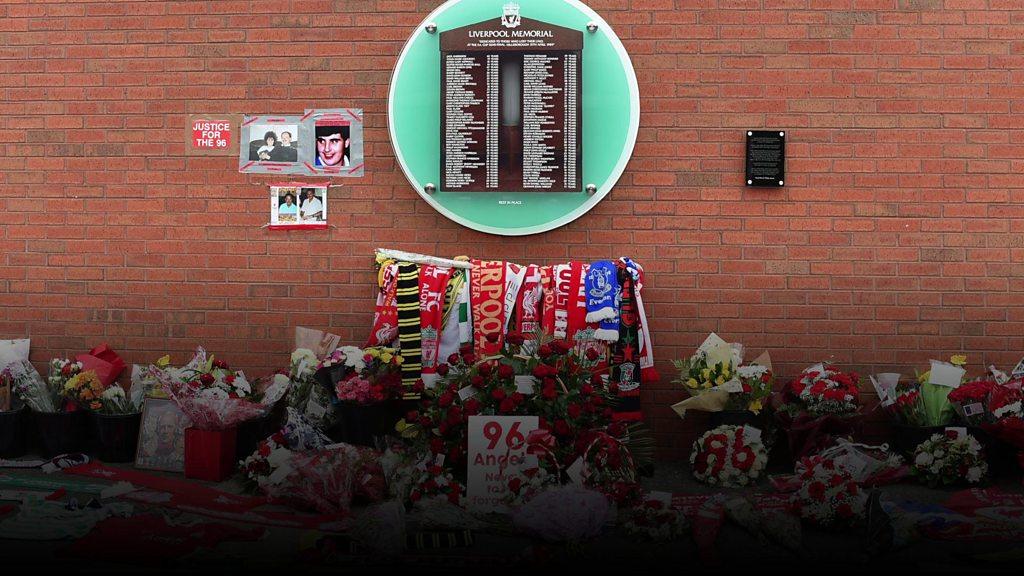Hillsborough: What's next?
- Published
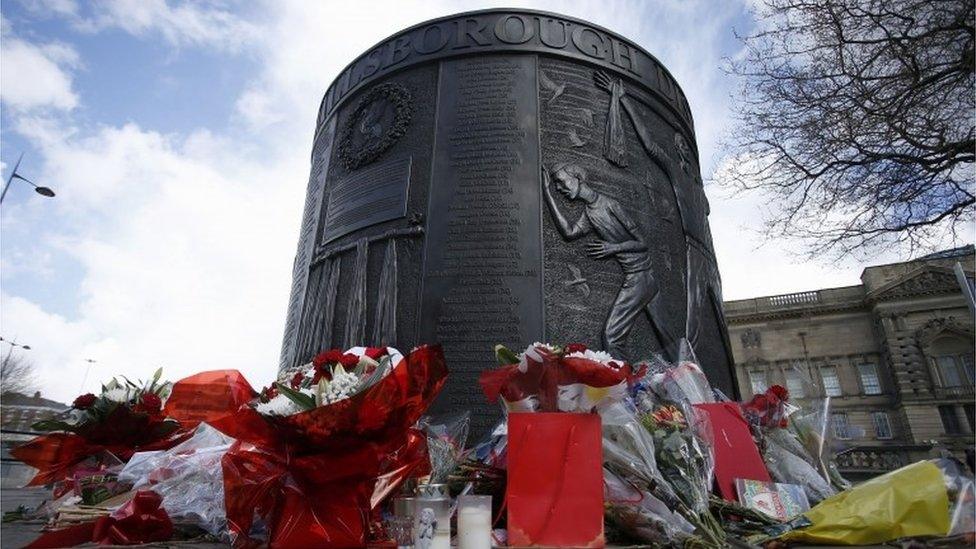
After more than two years of evidence, the Hillsborough inquests jurors presented their conclusions to the relief of families who felt vindicated after a campaign lasting 27 years.
The jury concluded the 96 fans who died as a result of a crush at the Liverpool v Nottingham FA Cup semi-final on 15 April 1989 were unlawfully killed.
They found that a number of failures including errors from South Yorkshire Police, the South Yorkshire Ambulance Service and defects in the stadium contributed to the deaths.
What happens next for those involved in the UK's worst sporting disaster?
Criminal inquiries
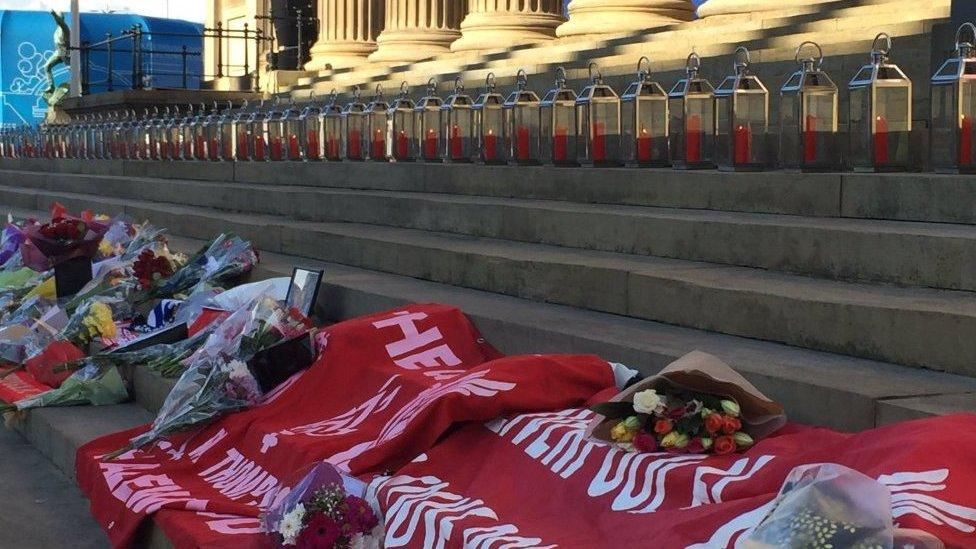
Two criminal investigations have been taking place during the Hillsborough inquests.
Operation Resolve and the Independent Police Complaints Commission (IPCC) launched inquiries after the publication of the Hillsborough Independent Panel, external's (HIP) report in 2012.
It raised questions about the policing of Hillsborough and presented evidence of a cover-up to shift blame on to Liverpool fans.
What are they investigating?
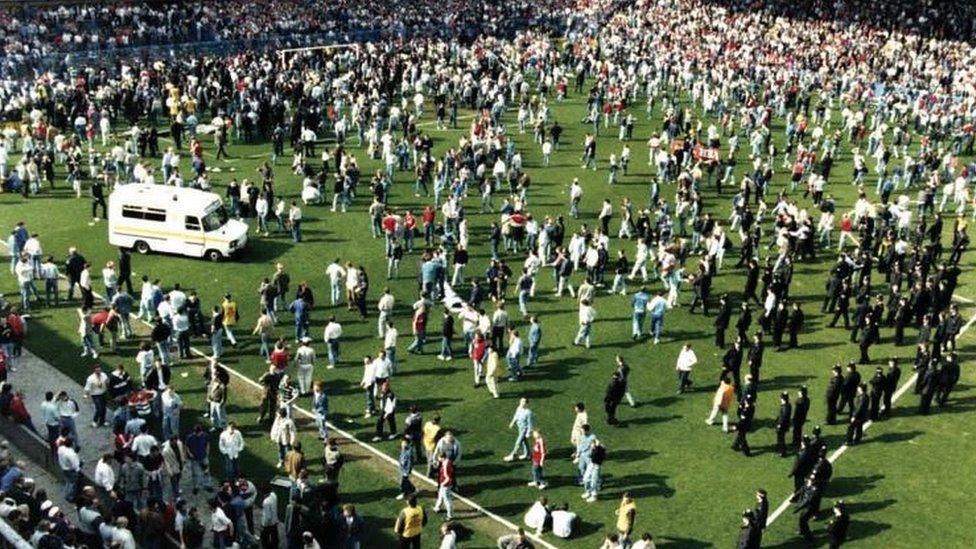
Operation Resolve is investigating the causes of the disaster including the events on the day and those leading up to it.
It is looking at a range of organisations and bodies involved in the preparation and planning of the match.
The IPCC is looking into police actions in the aftermath of the Hillsborough disaster.
It is considering offences including perverting the course of justice, perjury, and misconduct in a public office.
What evidence is being reviewed?
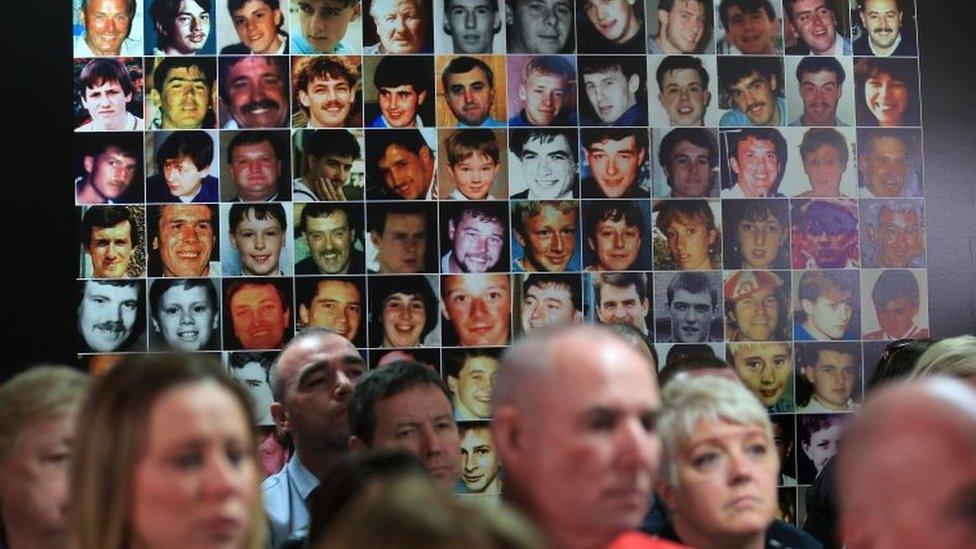
Operation Resolve's areas of investigation include:
All decisions and actions taken by those who had responsibility of duty of care to fans
Planning for the match
The ground's design, engineering, alterations and final layout
The emergency services' response and activation of any planned responses to such disasters
It is also examining the actions of South Yorkshire Police, but this is being managed by the IPCC to provide "oversight and scrutiny" and "ensure independence".
On the IPCC's request, Operation Resolve will investigate actions by police relating to:
Planning and preparation for the game
The management of fans outside Leppings Lane and their entry into the stadium
The early response of the police to the disaster
Work with families of those who died and the injured in the immediate aftermath
The IPCC has a number of allegations to consider to form the basis of its decisions.
They are:
Alleged amendments to police accounts
Accusations that misleading information was passed to the media, MPs, Parliament and the investigations and inquiries set up immediately after the disaster
The checking of blood alcohol levels and undertaking of police national computer checks on the dead and injured
The role of West Midlands Police and those who led its investigation after the 1989 disaster
Allegations that families and campaigners were subject to surveillance after the disaster
What evidence is being looked at?
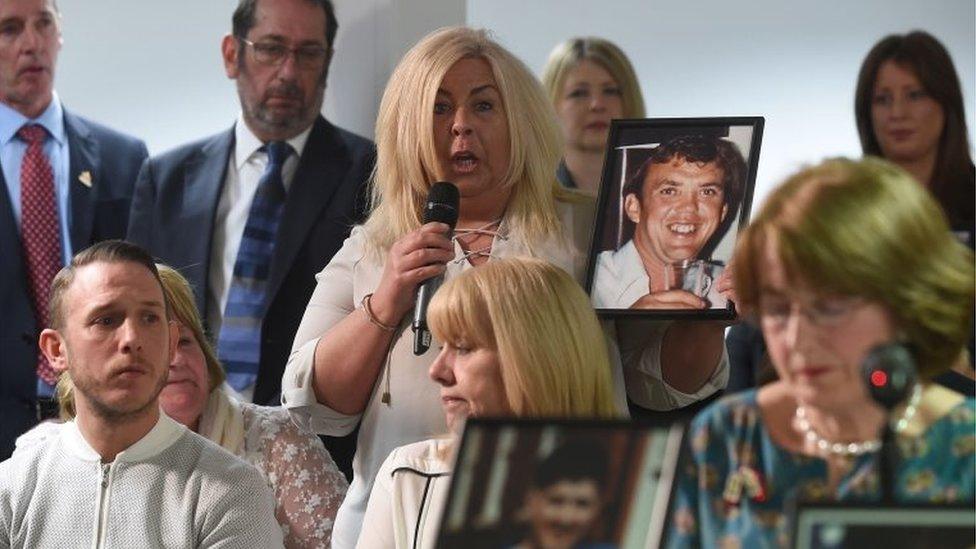
Operation Resolve is re-examining documents and data collected from various sources.
They include the original police investigation, the coroner's inquest, a public inquiry, private prosecution, a judicial review and the HIP.
The IPCC has so far taken hundreds of statements from police officers.
Could criminal prosecutions be brought?
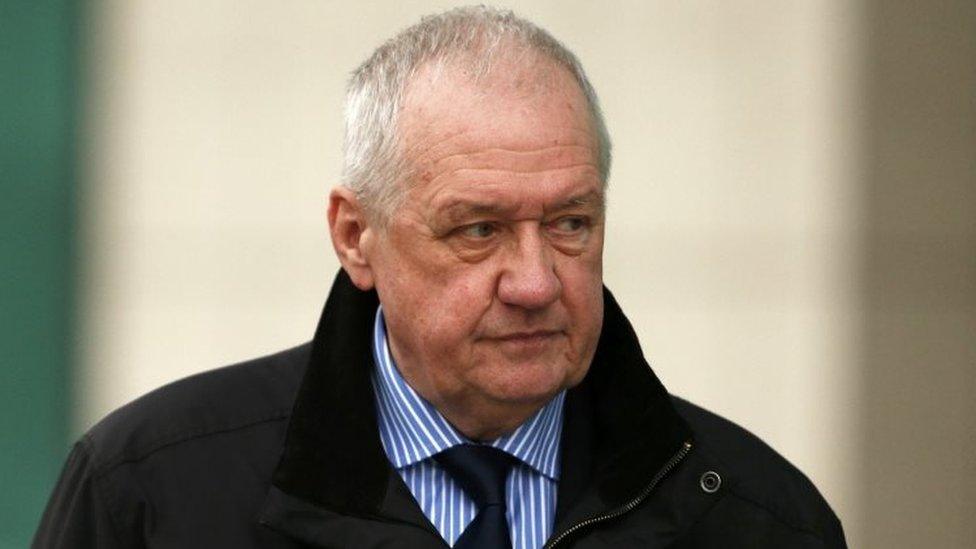
Jurors at the Hillsborough inquests concluded the 96 Hillsborough victims were unlawfully killed and there were a number of failings from South Yorkshire Police, South Yorkshire Ambulance Service, Sheffield Wednesday and the stadium's engineers.
In reaching a conclusion of unlawful killing, jurors agreed that match commander David Duckenfield (above) was "responsible for manslaughter by gross negligence" due to a breach of his duty of care.
Inquests are not criminal proceedings and cannot return conclusions such as murder or manslaughter.
They are heard in coroners courts and establish the circumstances surrounding a person's death, including how, when and why the death occurred.
Therefore a criminal investigation is needed to gather evidence ahead of decisions about whether any person, or organisation, should face criminal prosecution.
What does this mean?
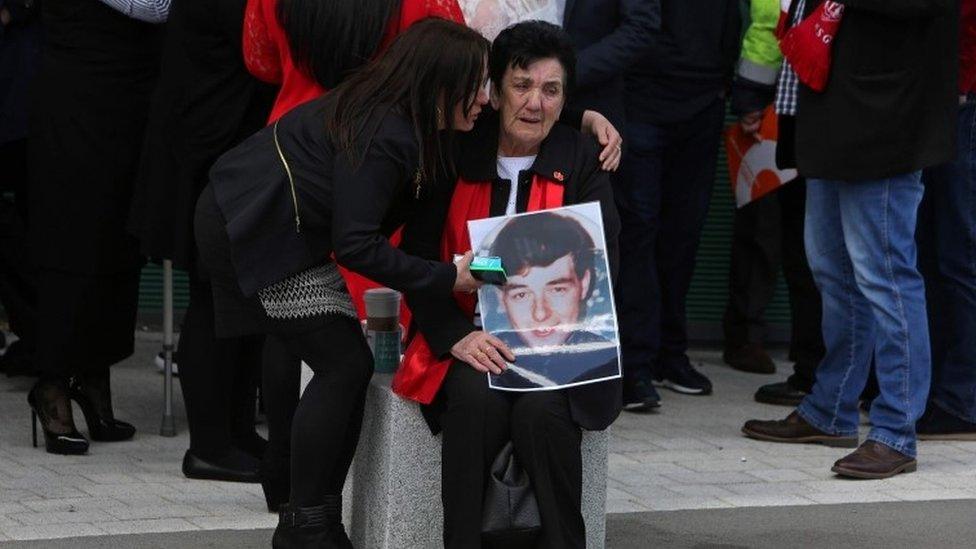
Operation Resolve, led by former Chief Constable of Durham Police, Jon Stoddart, will determine whether the 96 fans who died as a result of a crush were unlawfully killed in the Hillsborough disaster.
The IPCC will find out whether individuals should face criminal charges or misconduct hearings.
When will the criminal investigations end?
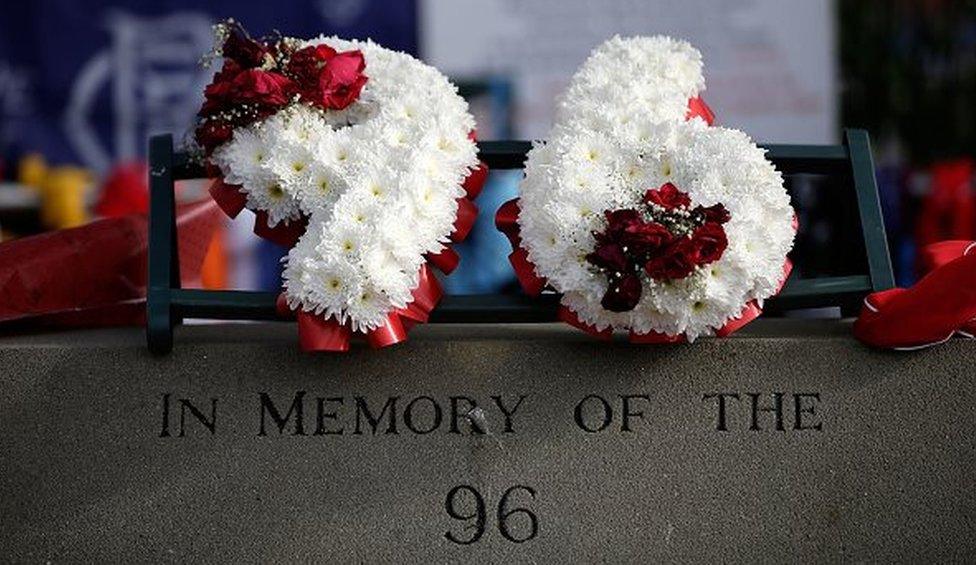
Both investigations could conclude by the end of this year.
The IPCC is presenting its findings to the Crown Prosecution Service (CPS) in order for decisions to be made about whether charges should be brought.
The CPS will make its decisions independently, using the evidence supplied by the investigations. This is expected to take place within three to six months.
Source IPCC, external and Operation Resolve, external
- Published27 April 2016
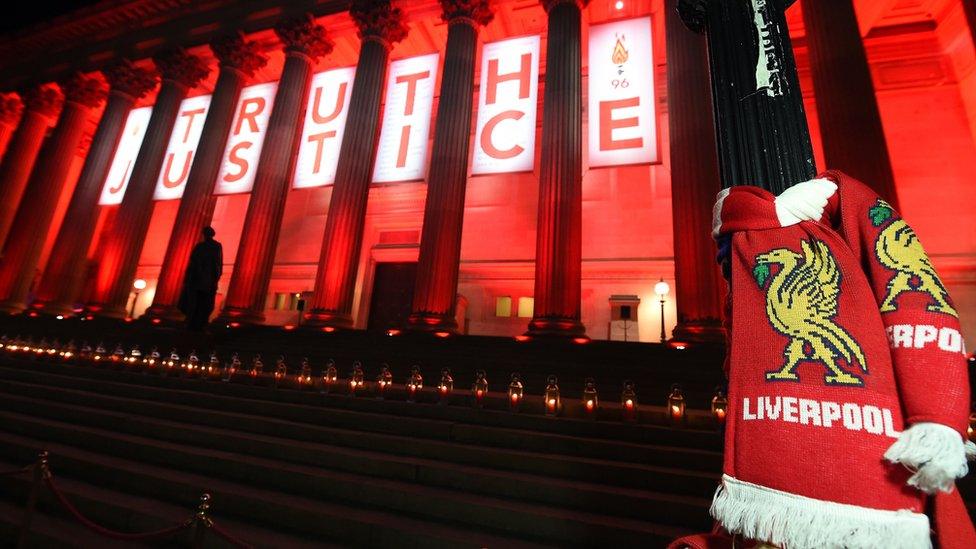
- Published26 April 2016
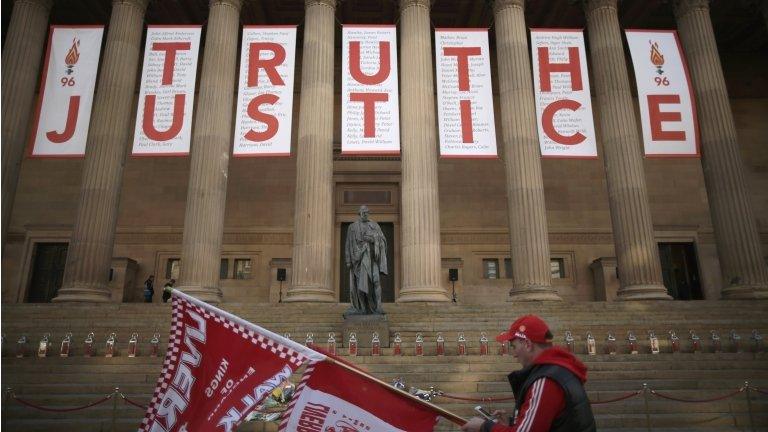
- Published26 April 2016
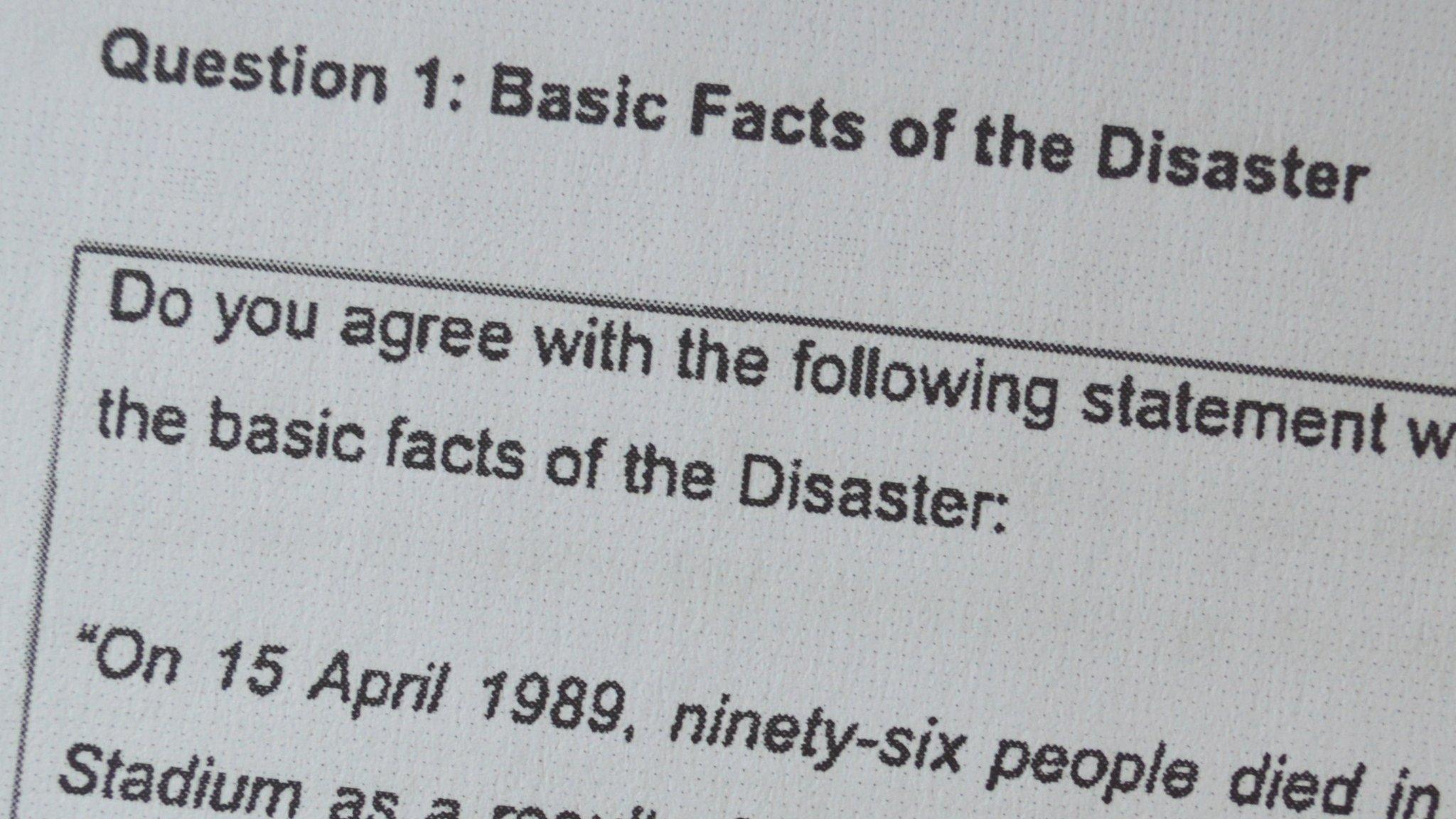
- Published24 April 2016
